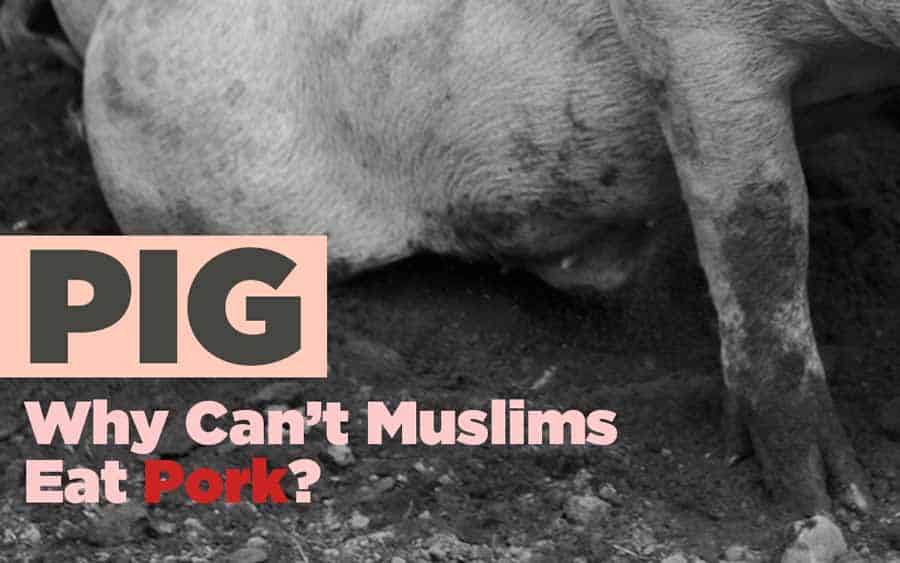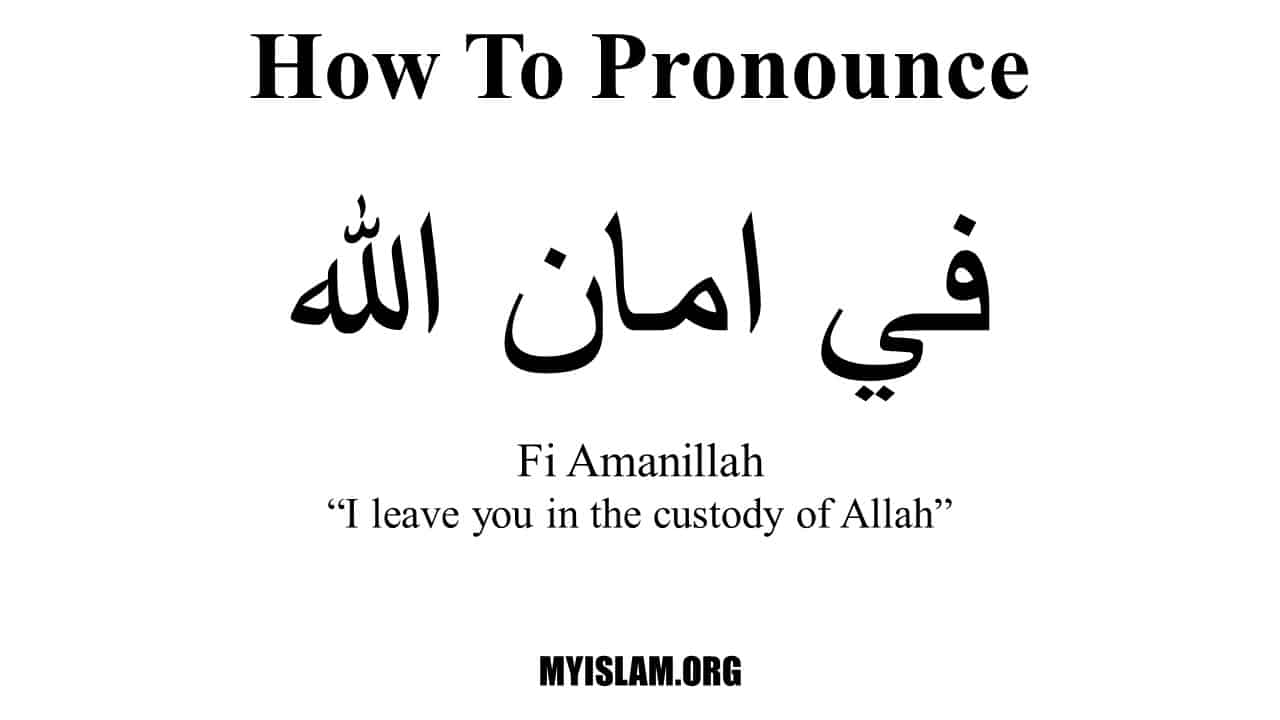Tabbat yada abi lahabi watab this is the beginning of the 111th surah of the Quran. Also commonly referred to as Surah Masad.
The Surah is quite short as it consists of only 5 ayat.
This surah is sometimes referred to as Surah Lahab because it is about Abu Lahab, Prophet Muhammad’s paternal uncle.
Abu Lahab was one of the Meccan Quraysh leaders who staunchly opposed Prophet Muhammad (saws) and his followers. This surah condemns him for his stance on antagonizing Islam.
Read Full Tabbat Yada Surah:
Here is the full Tabbat yada surah in Arabic with english translation and transliteration:
In Arabic:
English Translation:
- May the hands of Abu Lahab be ruined, and ruined is he.
- His wealth will not avail him or that which he gained.
- He will [enter to] burn in a Fire of [blazing] flame
- And his wife [as well] – the carrier of firewood.
- Around her neck is a rope of [twisted] fiber.
Transliteration:
- Tabbat yada abi lahabi watab
- Ma agna ‘anhu maluhu wama kasab
- Sayasla naran thatalahab
- Wam ra-atuhu hamma latal-hatab
- Fee jeediha hablun min masad
Hadith About Abu Lahab
Narrated Ibn `Abbas:
The Prophet (ﷺ) ascended the Safa (mountain) and started calling, “O Bani Fihr! O Bani `Adi!” addressing various tribes of Quraish till they were assembled. Those who could not come themselves, sent their messengers to see what was there. Abu Lahab and other people from Quraish came and the Prophet (ﷺ) then said, “Suppose I told you that there is an (enemy) cavalry in the valley intending to attack you, would you believe me?” They said, “Yes, for we have not found you telling anything other than the truth.” He then said, “I am a warner to you in face of a terrific punishment.” Abu Lahab said (to the Prophet) “May your hands perish all this day. Is it for this purpose you have gathered us?” Then it was revealed: “Perish the hands of Abu Lahab (one of the Prophet’s uncles), and perish he! His wealth and his children will not profit him….” (Surah Masad verse 1-5)
Sahih Al Bukhari Arabic reference: Book 65, Hadith 4770









If someone dupe me of a huge amount of money . If am reading this verse for him daily a hundred times .Does it has any implication on the person reading this